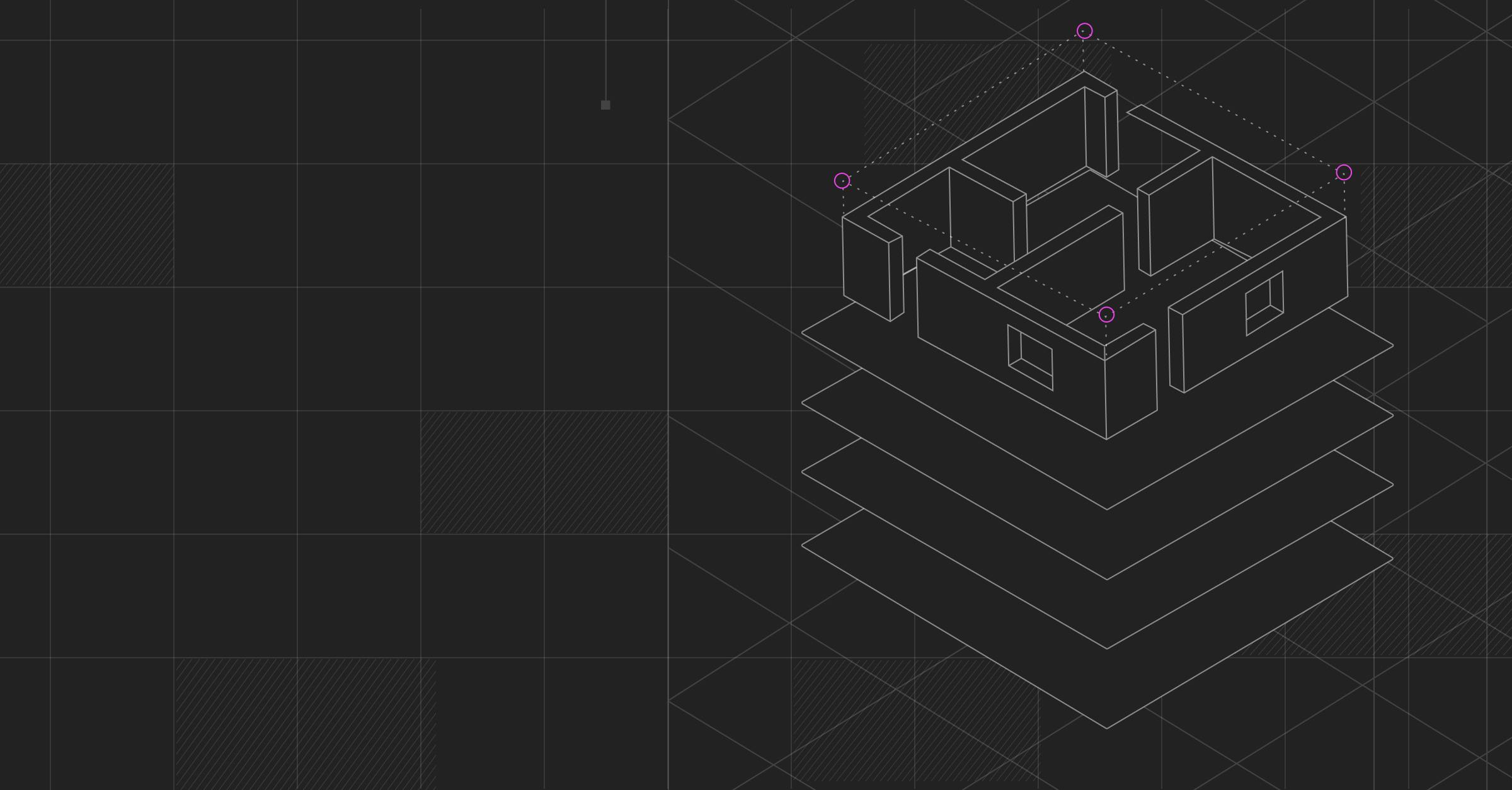Hotel Revenue Management Strategies to Know
If you’re looking to increase your bookings and profitability, then it’s important to be aware of everything that can affect your revenue. These proven strategies can help you secure your corner of the hospitality industry, ensuring that you remain solvent year after year.
1. Customer Segmentation
Customer segmentation is the process of breaking down your guests into smaller subgroups based on demographics. For instance, you can break them down by age, income, career, or work – traditional worker or digital nomad – to help you target higher-paying guests to stay at your property.
2. Demand Forecasting
Demand forecasting is the use of historical data to predict how much a guest will want a particular item or service while staying at your property. It allows hotel managers to estimate potential revenue and sales for a specific time frame with greater accuracy, allowing you to create a more custom-tailored experience for customers.
3. Online Convenience
Today’s guests don’t want to be held back by antiquated methods of handling bookings via phone or in person. A modern hotel must take advantage of modern communications in an interconnected world.
Offering an online portal for making reservations, cancellations, transportation arrangements, and payments is extremely convenient for both guests and managers. Hotel staff can spend time on more complex tasks and customers can quickly manage their reservations.
4. Yield Management
Yield management is a dynamic pricing strategy used to get the most profit out of each room sold. Since hotels have a finite number of rooms available, yield management strategies use historical data to predict demand and adjust prices accordingly.
For example, if you’re trying to profit on Valentine’s Day bookings, then you’ll want to price this limited window of time at a higher rate in comparison to a different weeknight later in the month.
5. Inventory or Distribution Management
Optimal hotel distribution or inventory management works occur when revenue managers use a variety of channels to book rooms.
Hotel or revenue managers can use a variety of methods to do this. Whether your hotel offers direct bookings online or you have availability for your rooms through third-party websites, accurate (and dynamic) can help you achieve full room occupancy and maximize GOPPAR.
6. Dynamic Pricing Strategies
It’s safe to say that the goal of any hotel is to have your guests find the best room at the best price for the duration of their stay. Figuring out how to set the rate for the rooms each night, therefore, is of the utmost importance.
Dynamic pricing is the practice of using the current market demands to inform your pricing. That means keeping prices flexible to change with competition and the market.
Behind every dynamic pricing tool are machine learning mechanisms that assess market data and competitor behavior. The result of those insights? New prices are optimized to improve revenue without turning away your customers.
The goal? Improve revenue and lower costs with popular dynamic pricing strategies like:
- Discounted pricing: Lower price for first-time clients, first units rented, or first chunk of time in the year. Also known as “penetration pricing,” sometimes used when a new business wants to “penetrate” the market.
- Bundled pricing: Packaged deal for a product or service
- Performance-based pricing: Pricing based on a product’s utility and market demand rather than the value
7. Data Analysis and Predictive Analytics
Data and predictive analytics are essential for accurate forecasting and profitability benchmarking across all industries, and this is especially true for hospitality. By analyzing historical numbers pertaining to cancellations, no-shows, and even your guests’ spending habits while at your property, you’ll be able to anticipate both occupancy and room rates with better precision.
Revenue management software are tools that fully automate rental properties’ pricing.
These platforms collect real-time market data and then use AI and powerful algorithms to generate the optimal price for you to let your rooms and properties out for.
These tools are capable of collecting and analyzing billions of market data points beyond what any revenue manager could do on their own.
8. Direct Bookings
While the rise of third-party booking websites has certainly made it easier to sell rooms for the night, it doesn’t change the fact that they also take a sizable percentage of your profits in the process.
Rather than letting them cut into your revenue, turn your focus toward increasing direct bookings. Not only will you earn more in the long run, but you’ll also be able to foster a healthy and ongoing relationship with these valued guests, too.
9. Ancillary Revenue
It would be an oversight to assume that all of your profits are generated only through bookings. Taking the time to promote ancillary add-ons to upsell your guests can help make sure you earn even more revenue from them while they stay at your property.
Options like spa packages, pet care services, shuttle and travel to local destinations with secure transportation, and even mini bars can make a difference in your bottom line.
